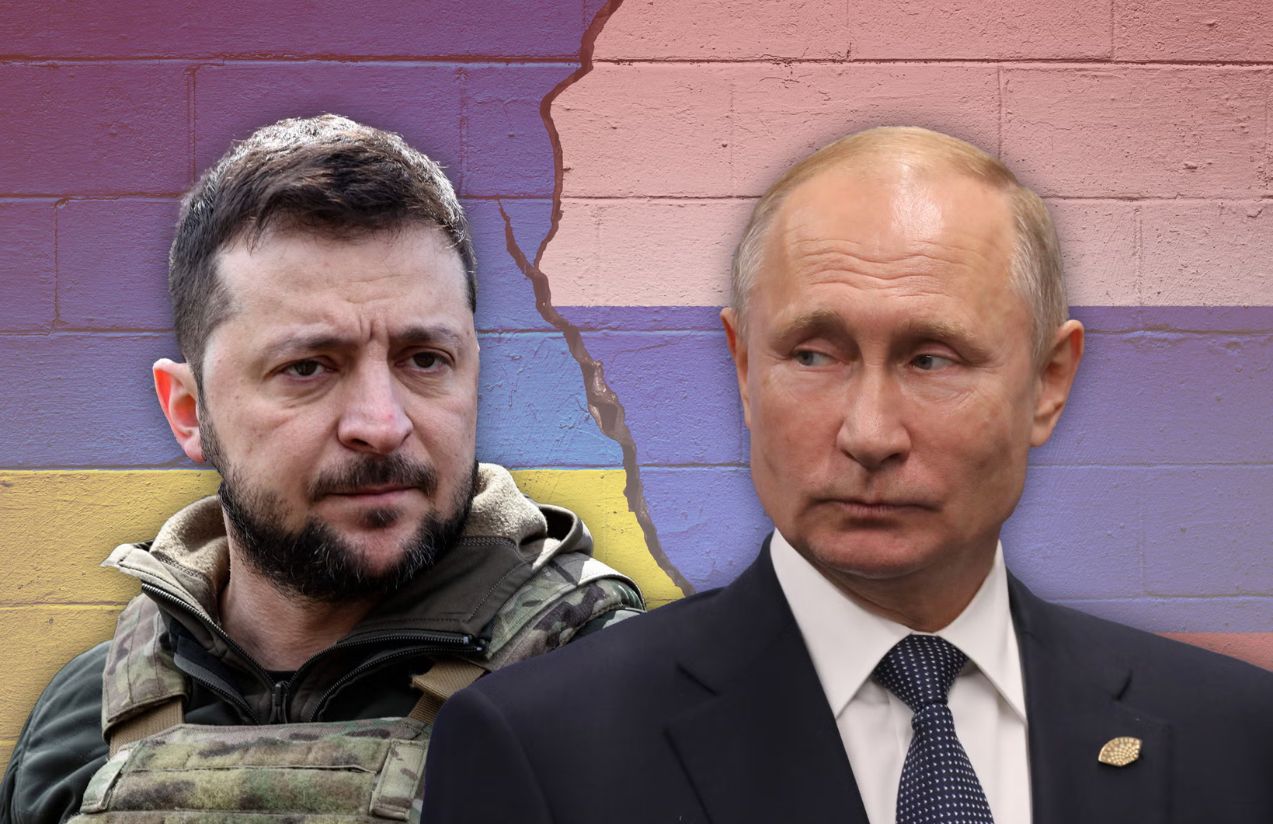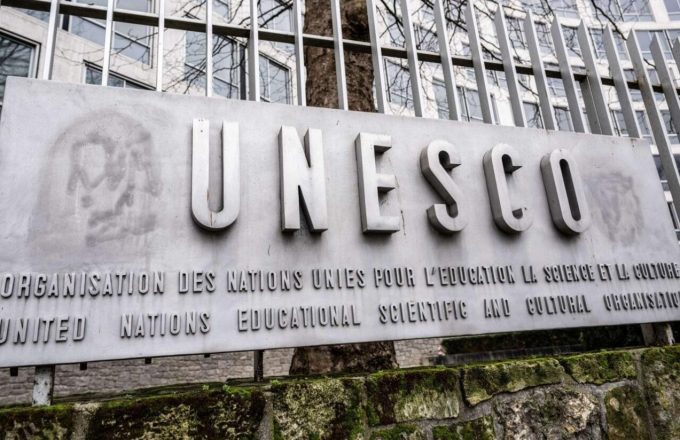The firm warning “Vladimir, STOP!” issued by U.S. President Donald Trump to Russian President Vladimir Putin quickly faded into the background on Friday as the war in Ukraine pressed on. Just hours after the statement, Russia launched a series of attacks in eastern Ukraine that left at least five people dead, underscoring the ongoing intensity of the conflict.
Amid the bombings, the international community — led by the United States — continues to push for a diplomatic resolution. Following recent meetings in Paris and London, Ukraine’s delegation has, for the first time, signaled a degree of flexibility, acknowledging in a peace document that territorial negotiations could be held “based on the line of control” — referring to the current front line.
According to an exclusive report by Reuters, a new proposal supported by Ukraine and several European countries has come to light. While it does not explicitly address territorial concessions, it leaves open the possibility of discussions on the status of occupied regions. This approach contrasts sharply with the U.S. plan unveiled earlier this week, which calls on Kyiv to cede Crimea to Russia — a proposal that has already been handed over to Russian authorities.
The main difference between the two documents lies in their approach to resolving territorial disputes — as Russia currently controls around 20% of Ukraine’s internationally recognized territory — as well as in the matters of Western sanctions, security guarantees for Ukraine, and the size of its armed forces.
The European-backed plan, along with Ukraine’s, prioritizes achieving a ceasefire before tackling the thornier territorial issues. While it does not suggest any official handover of land, it leaves room for Russia to maintain control over certain occupied areas, noting that future talks would be based on the current battle lines. The document also does not restrict the size of Ukraine’s military or its potential partnerships with foreign allies. It proposes a gradual lifting of sanctions on Russia, contingent upon compliance, and suggests that Ukraine receive financial compensation for war damages using frozen Russian assets held abroad.
By contrast, Trump’s so-called “final offer” proposes that Ukraine formally recognize Russia’s annexation of Crimea and accept Moscow’s de facto control over four other regions — Luhansk, Donetsk, Zaporizhzhia, and Kherson. The U.S. plan also envisions Ukraine’s potential accession to the European Union, but not NATO. It offers few details on how Ukraine’s security would be guaranteed, pushes for the lifting of sanctions, and fails to clarify how compensation to Kyiv would be financed.
News of the European proposal surfaced shortly before a scheduled meeting in Moscow between Putin and Steve Witkoff, Trump’s envoy and lead architect of the U.S. initiative.
In this complex diplomatic landscape, Kyiv Mayor Vitali Klitschko made headlines on Friday by suggesting in a BBC interview that Ukraine might be forced to temporarily cede part of its territory to end the war. It is the first time a high-ranking Ukrainian political figure has publicly floated such an idea.
Klitschko, a political rival of President Volodymyr Zelensky, emphasized that while Ukrainians “will never accept occupation,” territorial concessions “could be a temporary solution” for peace. His comments came shortly after the deadliest attack on the capital since the summer of 2024, which killed at least 12 people.
The mayor later reiterated his stance on Facebook, writing: “Ukraine may be forced to make territorial concessions to end the war. Unfortunately, as we can see, this scenario is quite plausible. Many politicians and international media are discussing it. So I haven’t said anything groundbreaking.” He added, however, that such a scenario runs counter to Ukraine’s national interests and that both Ukrainians and their European partners must resist it “to the very end.”
Until now, Zelensky and his administration had maintained a firm position against yielding to pressure from either the United States or Russia. In his Thursday night address, the president criticized Moscow’s unrelenting attacks on civilians, stating: “Putin is not afraid.” He called for “real pressure on Russia” alongside the ongoing international diplomatic efforts to end the war.
Tensions between Kyiv and Washington have escalated since the U.S. plan became public — a proposal seen by the Ukrainian government as heavily favoring the Kremlin. With the European plan now revealed, the diplomatic chessboard has shifted once again, though peace remains a distant goal.




















